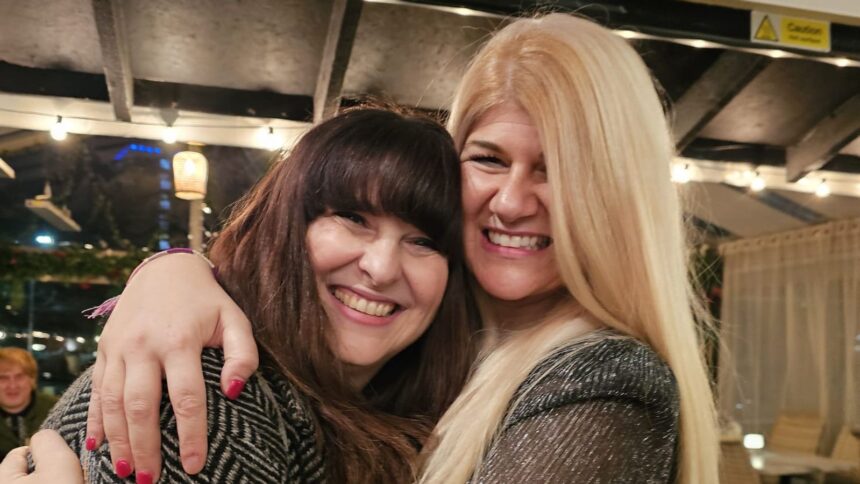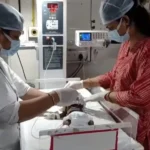What about the possibility that our DNA could make us more susceptible to cancer or cognitive decline? Should we find out, even if there’s nothing we can do about it?
Over ten years have passed since the infamous “Angelina Jolie effect”.
The actress revealed in 2013 that she had undergone a double mastectomy after testing positive for BRCA1 gene flaws, which increased her risk of ovarian and breast cancer to 50% and 87%, respectively. Her fallopian tubes and ovaries were later removed.
After undergoing “predictive” genetic testing, Jolie was deemed eligible for additional examinations and subsequent surgery due to her considerable family history.
However, while genetic testing is becoming more common for cancer patients, the NHS is facing pressure to provide predictive testing for “unaffected” family members due to rising demand.
“There’s a real log jam,” states Professor Gareth Evans, who teaches cancer epidemiology and medical genetics at the University of Manchester and serves as a medical genetics consultant at the Manchester Foundation Trust.
He says that if you are not afflicted with cancer but have a strong family history and, like Jolie, are getting close to the age at which your relatives were diagnosed or passed away, you will be referred through the NHS genetics program rather than the oncology department at your hospital.







